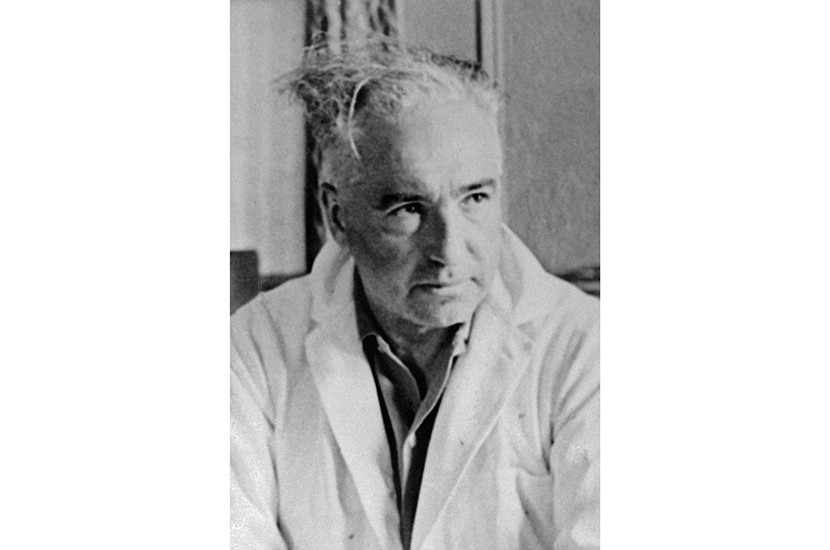When she was 22, Olivia Laing had a sensual epiphany in Brighton. She’d been drawn into a herbalist’s massage parlour by the sign outside claiming that headaches, anger, depression and colds — in fact any symptoms at all — were caused by stuck energy from past traumas that body psychotherapy could release. ‘The idea of the body as a storage unit for emotional distress excited me,’ she writes. Just as well she didn’t present with cancer or the symptoms of Covid. At the time, Laing’s body was, she thought, a cataclysm of inaccessible traumas: ‘I was so rigid and stiff I flinched when anyone touched me, like a mousetrap going off. The massages of Anna, a herbalist, helped.’
Her ardent, engaged, elegant, sometimes beguilingly batty book unfolds from this moment. From Brighton’s lucrative counterculture, her horizons expand to survey cherished 20th-century figures who have fought against various kinds of bodily oppressions. There’s Andrea Dworkin, hunted, beaten and otherwise harassed by her ex-husband, going on to fight against the subjugation of women’s bodies in pornography. There’s Nina Simone, snarling the words ‘Mississippi Goddam’ at uptown white audiences in New York during the civil rights era to make them feel something of the pain of what was being done in the south to black bodies.
Laing’s improbable hero, though, is Wilhelm Reich, the maverick psycho-analyst exiled from Nazi Germany and jailed as a quack in 1950s Pennsylvania. He was imprisoned for preaching the benefits of his Orgone Energy Accumulator, a wooden shed the size of an outdoor privy in which orgone, a primal libidinal matter posited by Reich, could be stored and deployed to help users recover from the trauma of sexual repression. Nowadays he is best known perhaps as the subject of Kate Bush’s song ‘Cloudbusting’ or the butt of Woody Allen’s gag about the orgasmatron in his 1973 film Sleeper.







Comments
Join the debate for just £1 a month
Be part of the conversation with other Spectator readers by getting your first three months for £3.
UNLOCK ACCESS Just £1 a monthAlready a subscriber? Log in